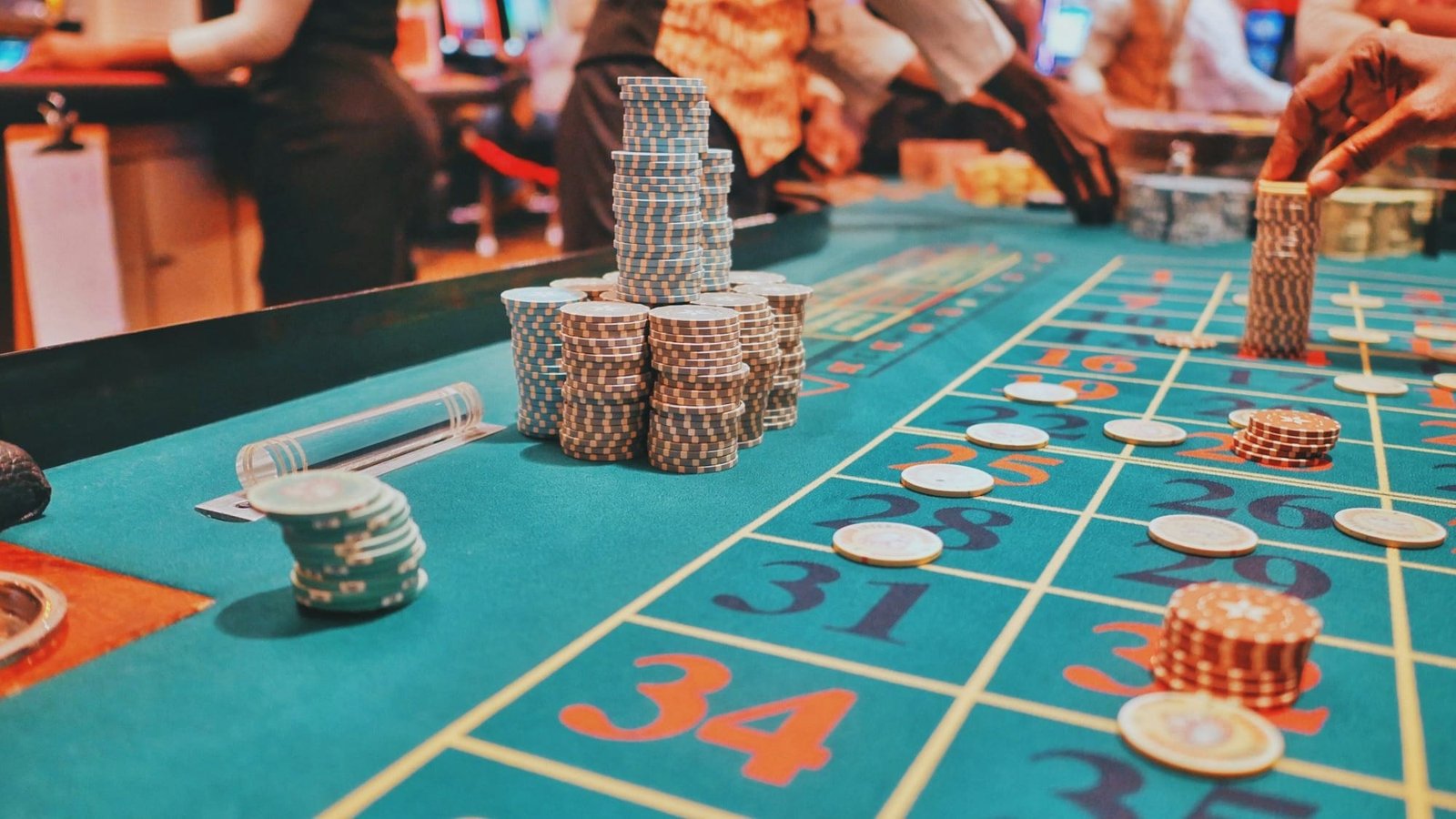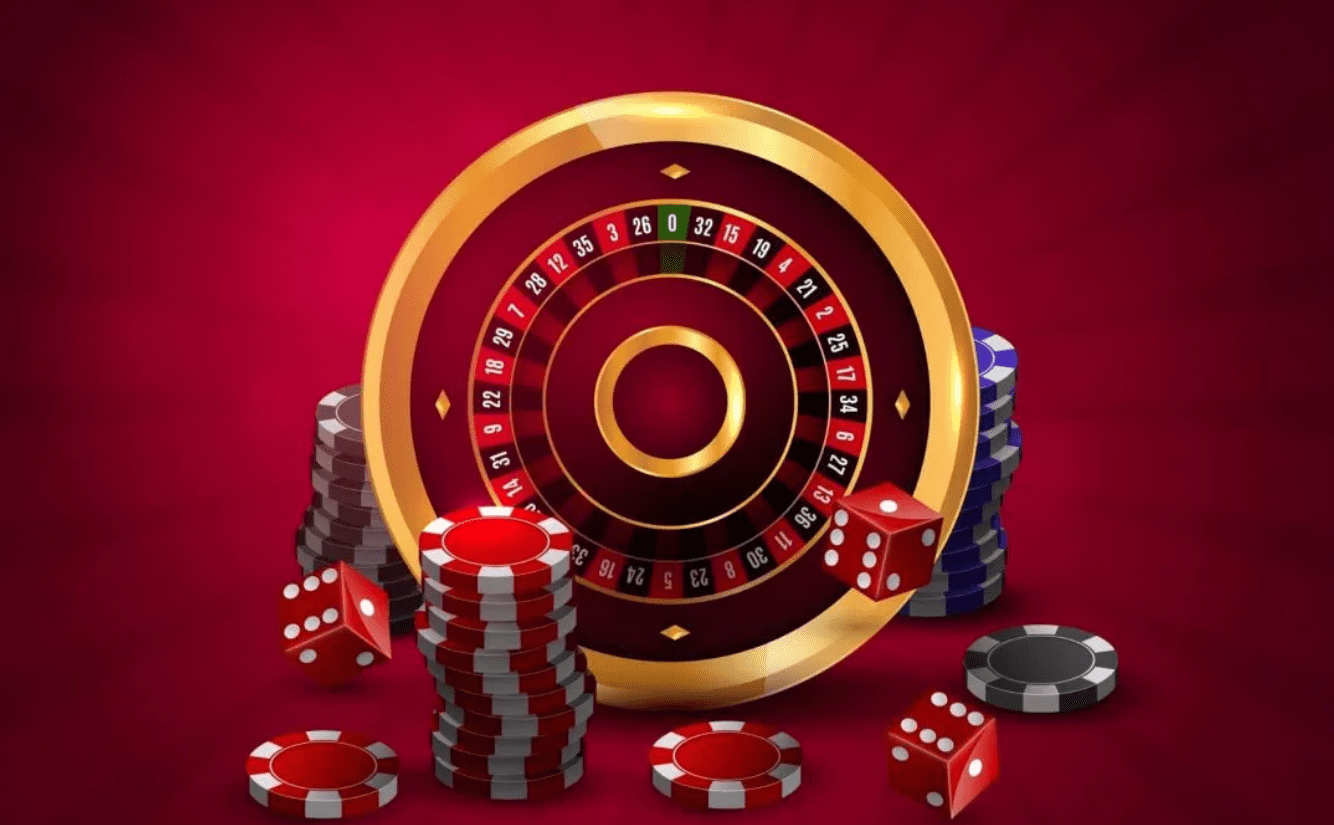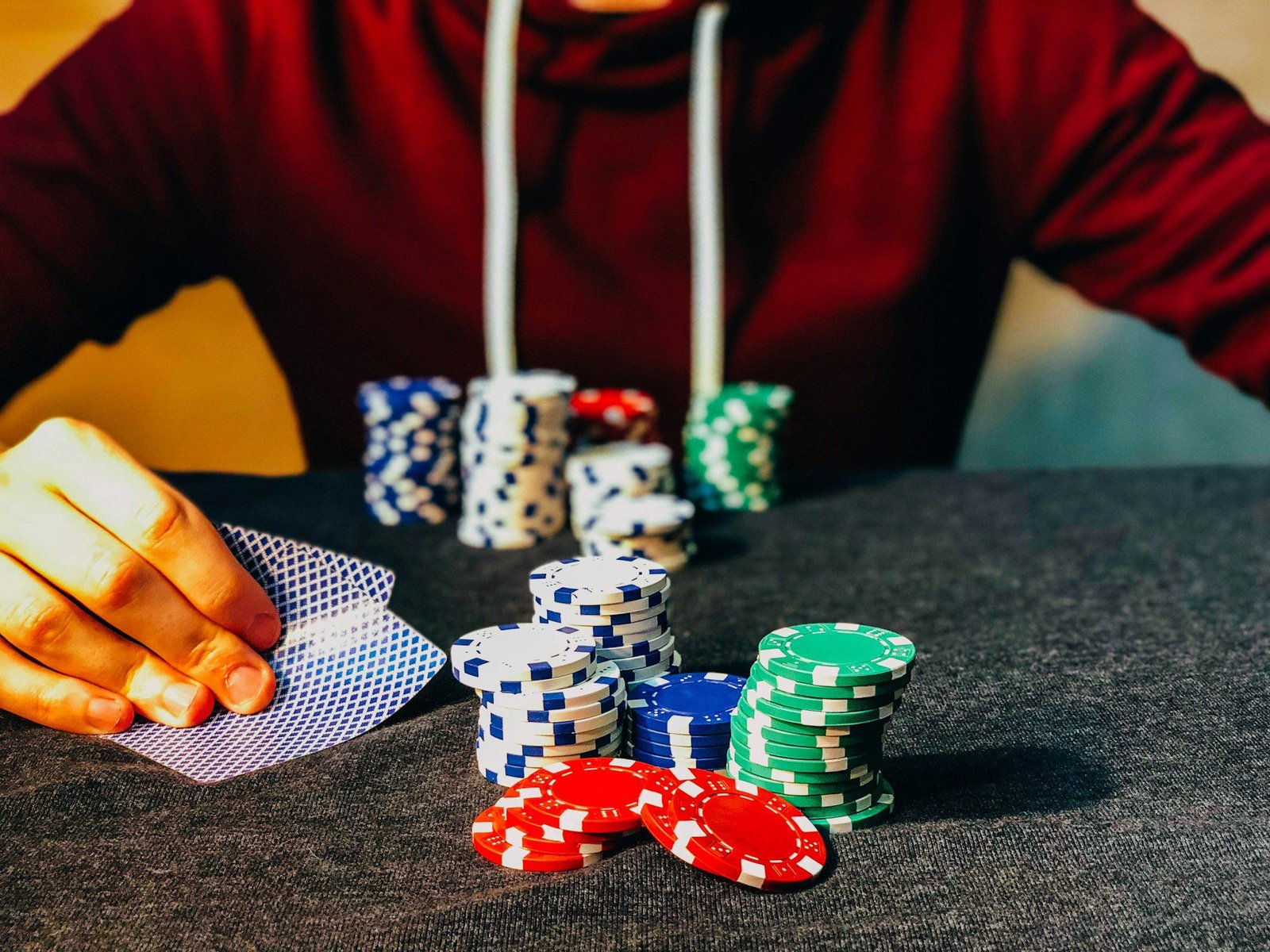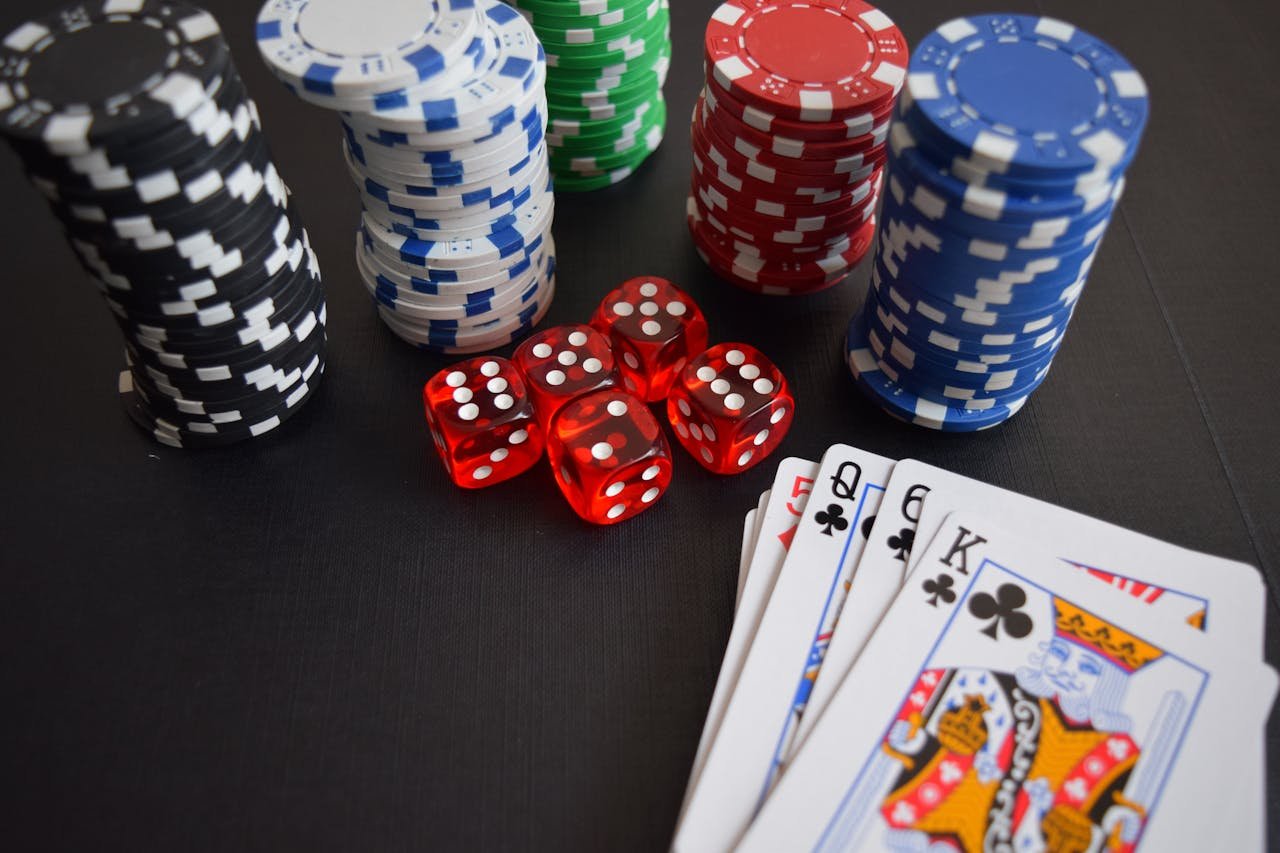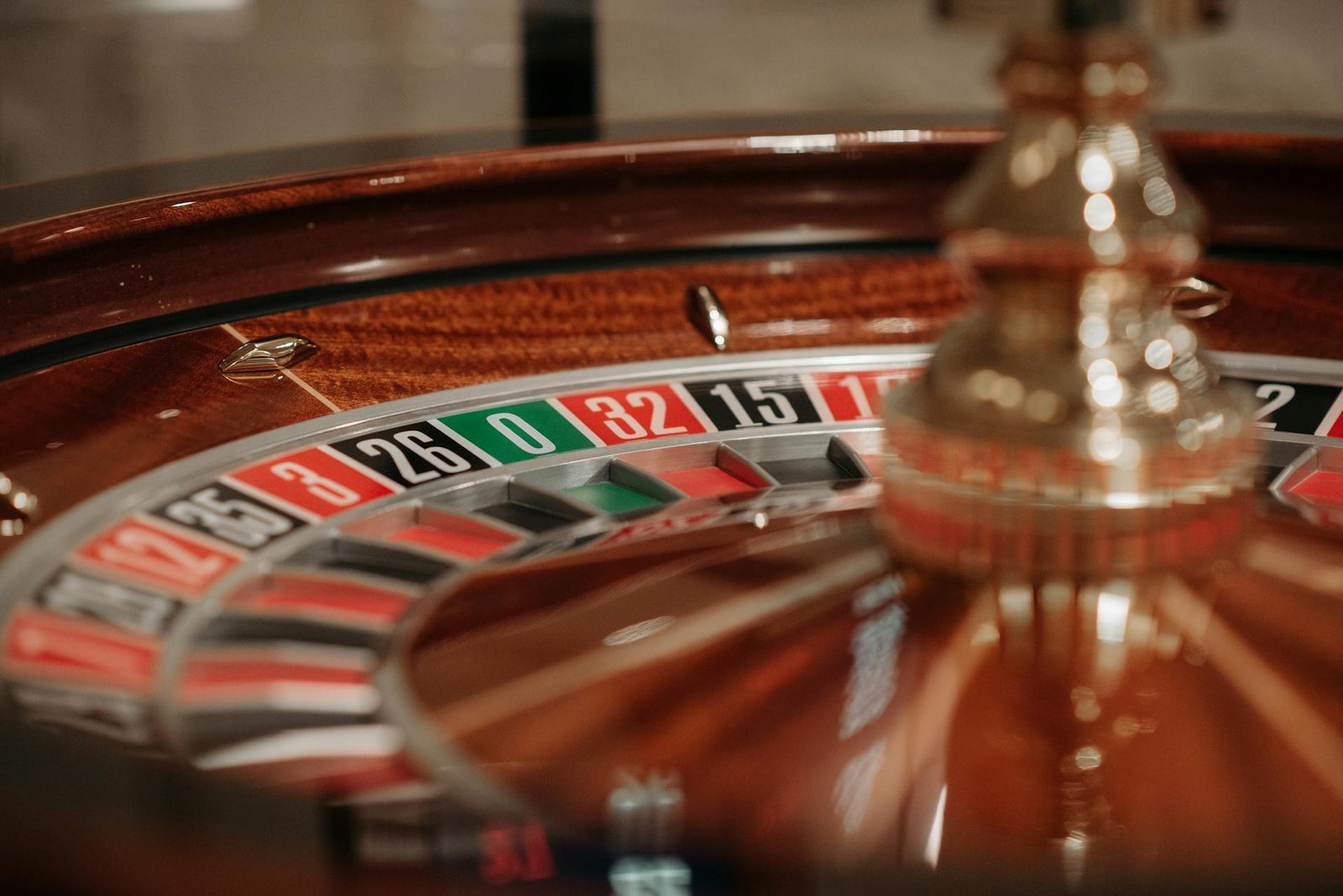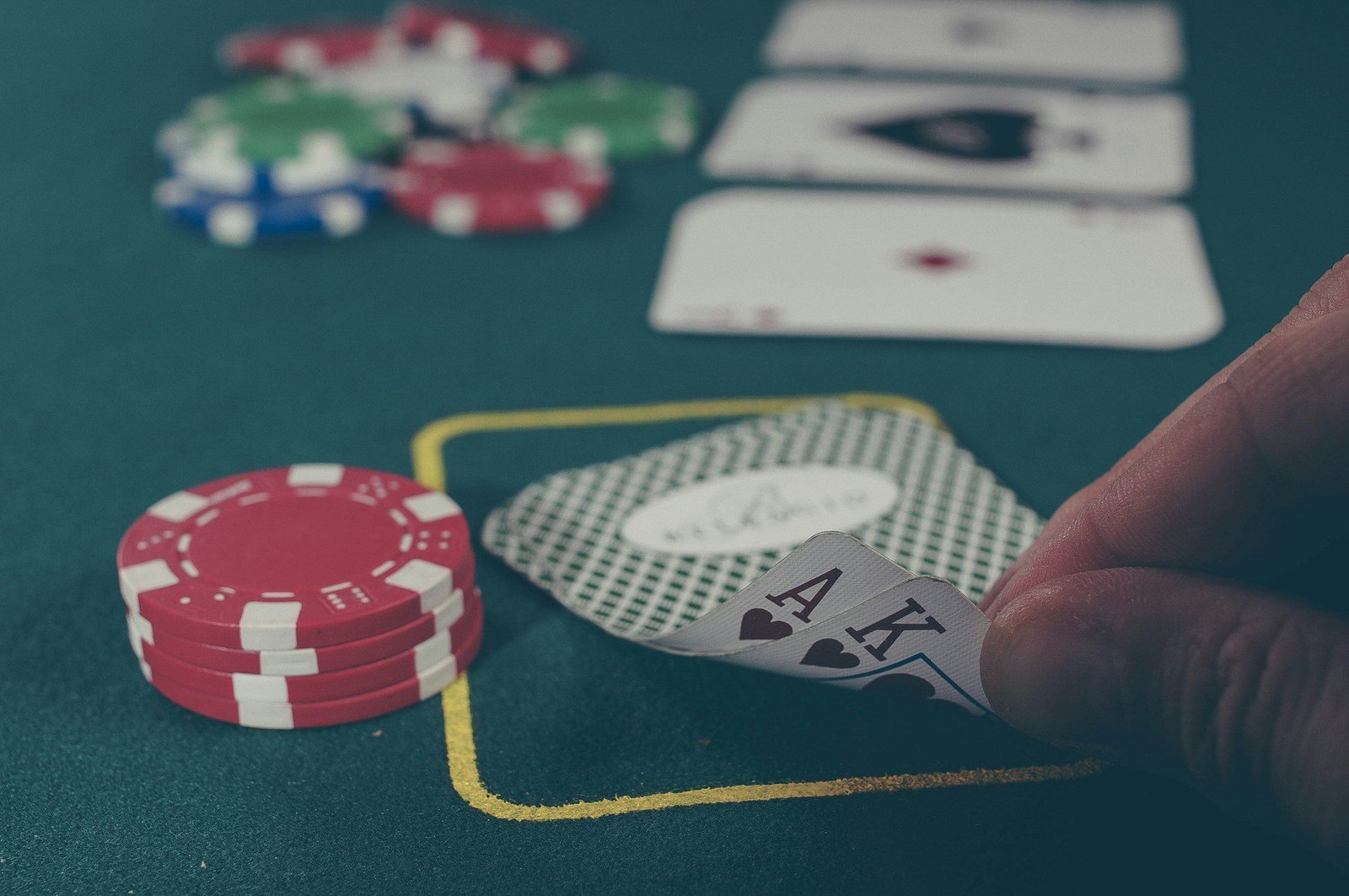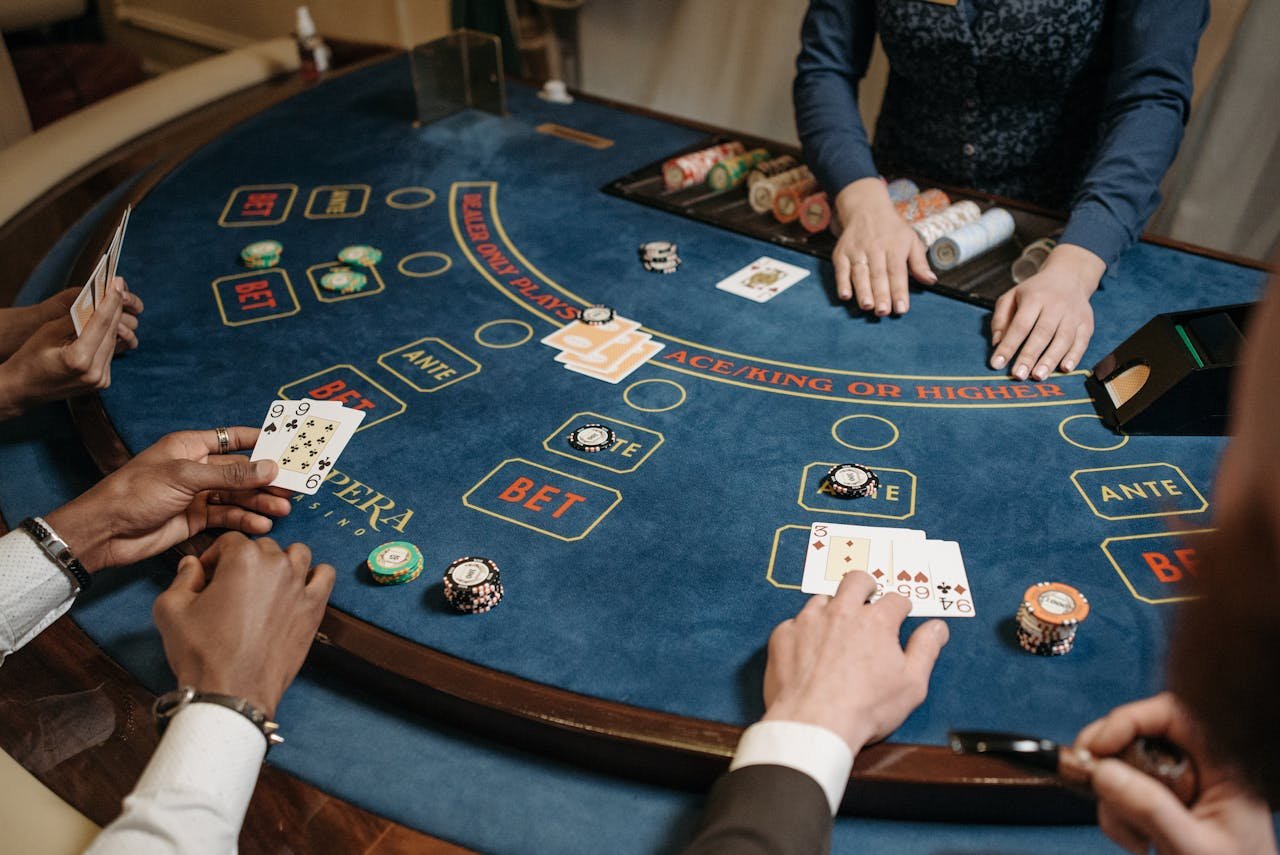What Is the “Fundamental Theorem of Poker”? Unlock Winning Secrets
The Fundamental Theorem of Poker states that players gain when they play hands as if they know their opponents’
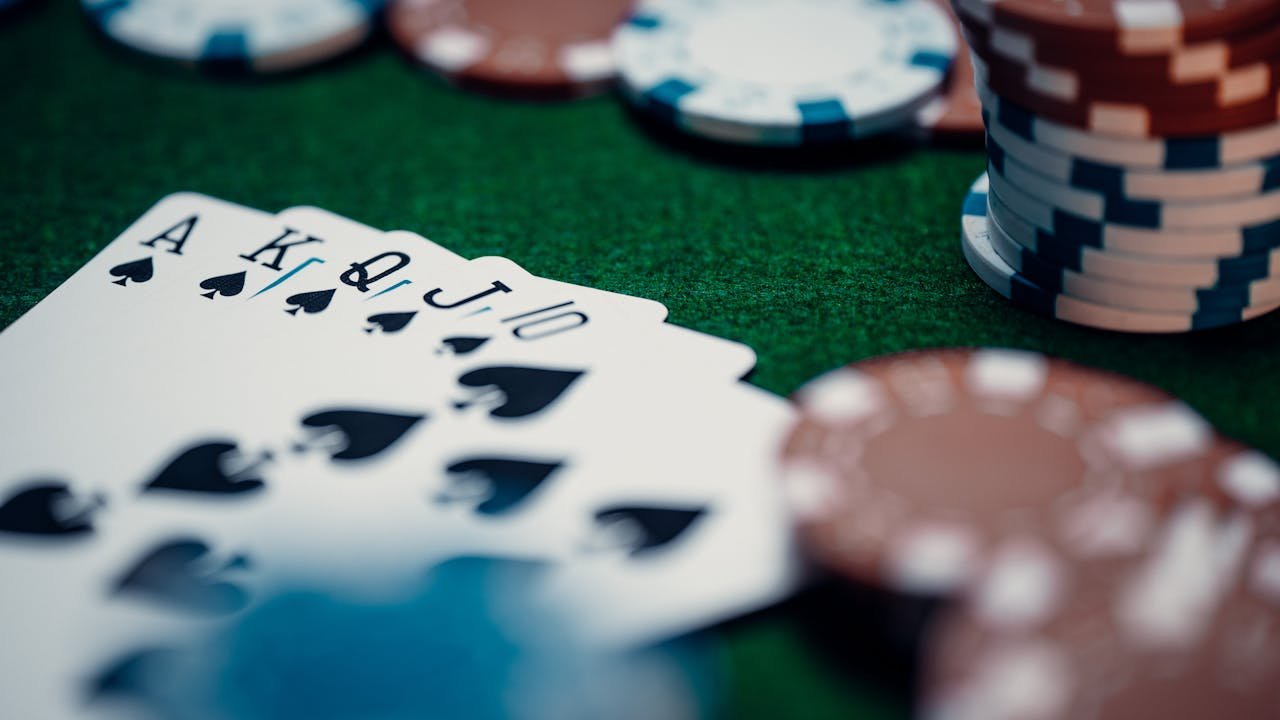
The Fundamental Theorem of Poker states that players gain when they play hands as if they know their opponents’ cards. Conversely, players lose when opponents act as if they know their cards.
This theorem, introduced by David Sklansky, is crucial for strategic poker play. It emphasizes the importance of accurate decision-making based on available information. Successful poker players strive to maximize their gains by making moves that align with the theorem. Understanding opponents’ tendencies and concealing one’s own strategies are vital components.
Mastering these concepts can significantly improve one’s poker game. By consistently applying the theorem, players can enhance their chances of winning, making it a cornerstone of advanced poker strategy.
Basic of The Fundamental Theorem
The Fundamental Theorem of Poker is a core concept in poker strategy. It helps players make better decisions and avoid mistakes. Understanding this theorem can improve your game significantly.
Origins
The term Fundamental Theorem of Poker was coined by David Sklansky. He introduced it in his book, “The Theory of Poker.” Sklansky’s work has been a cornerstone in poker literature. His theorem has influenced many poker strategies and teachings.
Core Concept
The Fundamental Theorem of Poker states that every time you play a hand differently from how you would if you could see your opponent’s cards, they gain. Conversely, every time you play your hand the same as you would if you could see your opponent’s cards, you gain.
| Action | Outcome |
|---|---|
| Play as if you see opponent’s cards | You gain |
| Play differently | Opponent gains |
This concept boils down to making the right decisions based on the information available. It emphasizes the importance of reading your opponents and predicting their actions. If you can do this well, you increase your chances of winning.
In simple terms, the theorem teaches you to minimize mistakes and maximize gains. By following this principle, you can become a more skilled and strategic player.
How To Apply Fundamental Theorem In Practice?
Understanding the Fundamental Theorem of Poker is crucial. It helps you make better decisions. Now, let’s explore how to use this theorem in real games.
Pre-flop Strategies
Pre-flop is the first round of betting. Here are some strategies:
- Position Awareness: Play stronger hands in early position.
- Hand Selection: Only play premium hands in early positions.
- Bluffing: Bluff less in early positions, more in late positions.
Position and hand selection are key factors. They help you make profitable decisions pre-flop.
Post-flop Techniques
After the flop, your strategies need adjustment. Here are some techniques:
- Reading the Board: Look for possible straights and flushes.
- Continuation Betting: Bet again if you raised pre-flop.
- Pot Control: Keep the pot small with medium-strength hands.
Reading the board and continuation betting can increase your win rate. Pot control helps manage risk.
| Strategy | Description |
|---|---|
| Position Awareness | Play stronger hands in early position. |
| Hand Selection | Only play premium hands in early positions. |
| Bluffing | Bluff less in early positions, more in late positions. |
| Reading the Board | Look for possible straights and flushes. |
| Continuation Betting | Bet again if you raised pre-flop. |
| Pot Control | Keep the pot small with medium-strength hands. |
Use these tips to apply the Fundamental Theorem of Poker effectively. These strategies help you make the right moves at the right time.
Psychological Aspects
The Fundamental Theorem of Poker isn’t just about cards. It’s also about understanding people. Mastering the psychological aspects of poker is key. It can turn an average player into a great one. Let’s delve into some psychological strategies in poker.
Reading Opponents
Reading opponents is crucial in poker. It’s not just about their cards. It’s about their behavior and tells. Observe their body language. A nervous player might have a weak hand. A confident player might be bluffing. Look for patterns in their play. Do they bet big with good hands? Or do they bluff often?
Here’s a table to help you remember common tells:
| Behavior | Possible Meaning |
|---|---|
| Sweating | Nervousness, usually a weak hand |
| Shaking hands | Excitement, usually a strong hand |
| Quick betting | Confidence, could be bluffing |
Bluffing Effectively
Bluffing is an art. It can win you big pots. But it needs to be done right. Start by knowing your table image. If you have been playing tight, a bluff might work. But if you bluff too often, opponents will catch on.
Here are some tips for effective bluffing:
- Pick your spots: Bluff only in favorable situations.
- Tell a story: Your betting should make sense to your opponents.
- Watch the board: Bluffing on a coordinated board can be risky.
Remember, bluffing is about psychology. You need to get inside your opponent’s head. Make them believe you have the best hand.
Mathematical Foundations
The Fundamental Theorem of Poker revolves around mathematics. Understanding key concepts like probability and expected value can significantly enhance your gameplay. Below, we delve into the Probability Basics and Expected Value to give you a clearer picture.
Probability Basics
Probability is the chance of a specific event happening. In poker, this involves calculating the odds of drawing a particular card or combination of cards.
For example, the probability of drawing an Ace from a standard deck is:
| Event | Probability |
|---|---|
| Drawing an Ace | 4/52 or 1/13 |
Knowing these probabilities helps you make better decisions. Always consider the chances before making a move.
Expected Value
Expected Value (EV) is a crucial concept in poker. It represents the average amount you expect to win or lose per bet.
Here’s a simple formula:
EV = (Probability of Winning) x (Amount Won) - (Probability of Losing) x (Amount Lost)For instance, imagine you have a 20% chance to win $100, and an 80% chance to lose $20:
- Probability of Winning = 0.2
- Amount Won = $100
- Probability of Losing = 0.8
- Amount Lost = $20
Using the formula:
EV = (0.2 x 100) - (0.8 x 20) = 20 - 16 = $4So, the expected value of this bet is $4. A positive EV indicates a good bet.
Advanced Strategies
Understanding the Fundamental Theorem of Poker gives you a basic edge. But, mastering advanced strategies can make you unbeatable. This section explores advanced ways to outplay your opponents. Learn to adjust your tactics and exploit their weaknesses.
Adjusting To Opponents
To win, you must adjust to your opponents’ styles. Observe their betting patterns and reactions. Are they aggressive or passive? Do they bluff often? Use this information to tailor your strategy.
- Aggressive Players: Be patient. Let them make mistakes.
- Passive Players: Bet more often to steal pots.
- Bluffers: Call them down with strong hands.
Adjusting quickly can give you a significant advantage. Stay flexible and be ready to change your approach.
Exploiting Weaknesses
Every player has weak spots. Identifying and exploiting these can turn the game in your favor. Look for signs of discomfort or hesitation.
| Weakness | Strategy |
|---|---|
| Folding Too Often | Increase your bluffing frequency. |
| Overplaying Hands | Trap them with strong hands. |
| Lack of Aggression | Force them to make tough decisions. |
By exploiting these weaknesses, you can dominate the table. Always stay alert and ready to act.
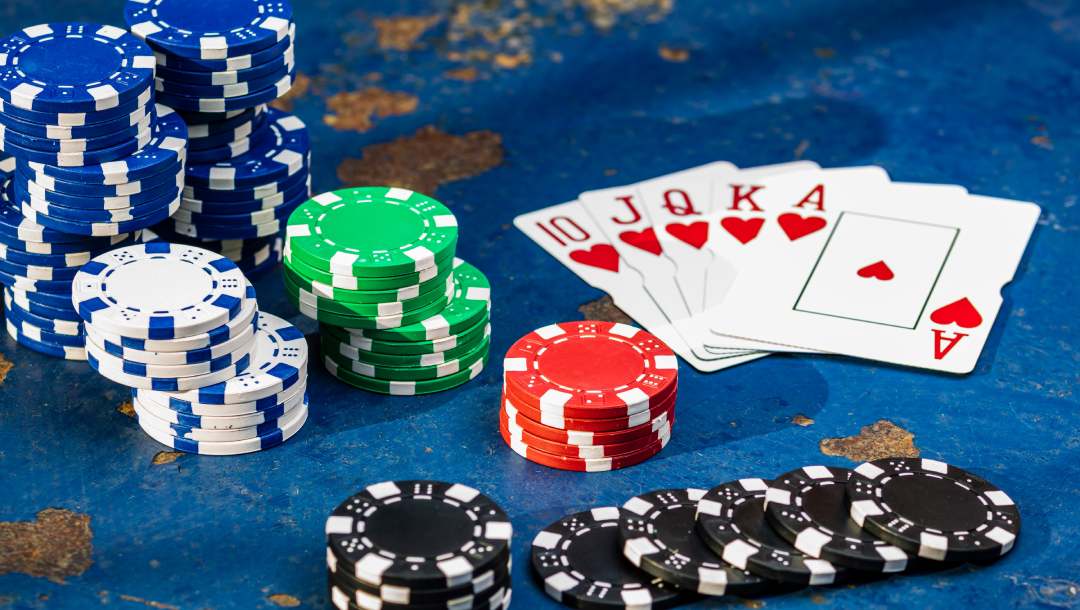
Frequently Asked Questions
What Is The Fundamental Theorem Of Poker?
The Fundamental Theorem of Poker states that players gain when they play as if they can see opponents’ cards.
Who Coined The Fundamental Theorem Of Poker?
David Sklansky introduced the Fundamental Theorem of Poker in his book “The Theory of Poker. “
Why Is The Fundamental Theorem Important?
It helps players make optimal decisions by considering opponents’ possible hands, improving long-term success.
How Does The Fundamental Theorem Work?
The theorem works by comparing your actual play with how you would play if you knew opponents’ cards.
Conclusion
Understanding the Fundamental Theorem of Poker is essential for any player. It helps make better decisions and read opponents. Mastering this concept can elevate your poker game significantly. Practice and study will make the theorem second nature. Apply it consistently for improved results at the poker table.


